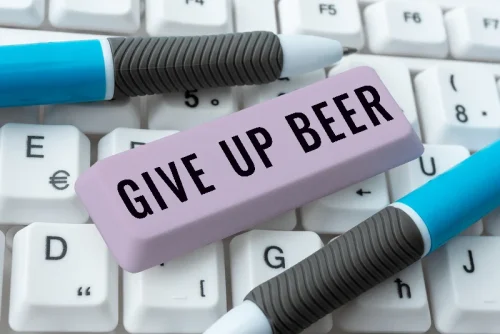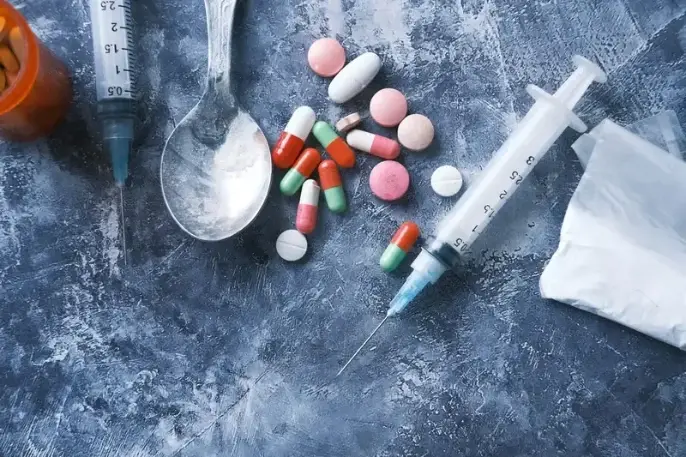
Addiction does not discriminate and can impact people from all walks of life. For example, the opioid epidemic in the United States has affected individuals across a wide range of demographics, demonstrating that no one is immune to the risk of addiction. As an addiction counselor, I’ve heard many myths about addiction. These myths lead to misunderstanding and stigma, often clouding our collective perception and creating barriers for those in need of help.
Drugs, Brains, and Behavior: The Science of Addiction
But those who support legalization by saying that pot is harmless — “it’s natural, innocuous” — are also wrong. Part of the reason is that their brains are developing during adolescence and early adulthood. Drugs impede and alter the myths about addiction and recovery brain development, and these changes can harm cognition and memory, and can impede kids’ emotional maturation. Journalist David Sheff’s son Nic began using marijuana and alcohol at the age of 12, then heroine and crystal meth.
Myth #1: I Only Need to Detox
The consequences of using nicotine, alcohol, and illegal drugs cut across every economic, social, racial, religious, and political stratum (IOM, 1990; OTA, 1994). If you enter our residential program, you can expect healthy meals, time to socialize with peers and comfortable surroundings designed to help you relax and focus on recovery. You’ll have time to yourself https://ecosoberhouse.com/ and, as your program progresses, you may even be able to have visits with loved ones. You could also consider outpatient programs made to let you maintain your independence while seeking addiction recovery treatment. People are often hesitant to enter recovery because of some of the myths they’ve heard about recovery programs or myths about substance misuse itself.
- A significant part of the treatment process is shedding the behaviors and situations that likely contributed to your addiction in the first place.
- Some treat the symptoms that come with sobriety following intense and consistent drug use.
Addiction is a Choice
It can even serve as a helpful tool to teach addicts about the changes they need to make to see long-term improvement. It’s easy to feel helpless when someone in your life is struggling with addiction. But, it’s imperative that you don’t give up and assume there is nothing you can do. Even people who take them as prescribed face a risk of becoming addicted, especially if they have a genetic predisposition to addiction. It’s true that, in most cases, addicts did, at one point, make a choice to use a specific substance.
- It’s an equal opportunity affliction that doesn’t discriminate based on income, education, or social status.
- In many cases, the strain of managing addiction while maintaining the appearance of normalcy can exacerbate the problem and delay the decision to seek help.
- The importance of ongoing support and aftercare in addiction recovery cannot be overstated.
- Some substances can even dust off your keyboard or keep a bouquet blooming.
In this article, I aim to debunk some of the most common and persistent myths surrounding addiction. By unraveling these misconceptions, I hope to shed light on the reality of addiction, its causes, and its potential treatments. Still, the media perpetuates the myth that there is a right way and a wrong way to recover, and that treatment that is luxurious or comfortable is inherently bad. Brain imaging studies show that differences in the brain are both a cause and effect of addiction.


Myths About Addiction That Undermine Recovery
- Produce dose-dependent relaxation, disinhibition; alterations of mood, emotion, and behavior; inebriation, intoxication.
- We publish material that is researched, cited, edited and reviewed by licensed medical professionals.
- Embracing flexibility, patience, and perseverance can help individuals navigate the challenges of recovery and maintain their commitment to sobriety.
- It’s where you gain the skills you need to combat cravings, and where you get a taste of what your life can look like without addiction.
- Even a few episodes of substance misuse can lead to tolerance and dependence (addiction).
- In my recent presentations, I have begun by warning audiences that I will undercut all of their fundamental beliefs about addiction — but that if that prospect seemed alarming, they shouldn’t worry.
The truth about addiction can help guide recovery.

